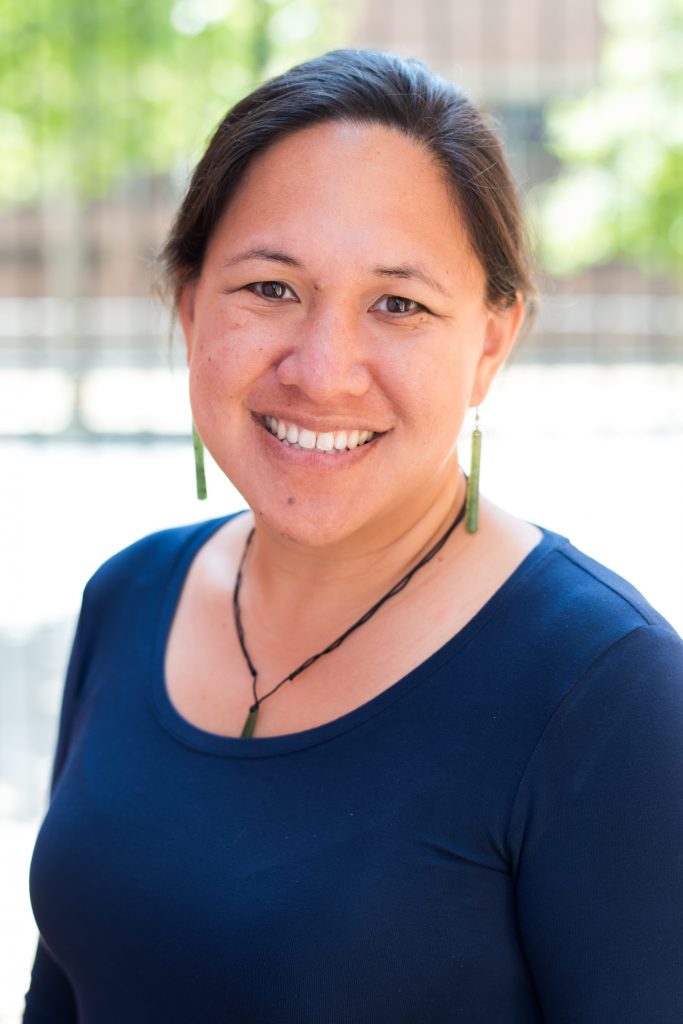
Benjamin Green, MD
Assistant Professor
Cancer Biology
University of Hawaii Cancer Center
Targeting CD29+ Tregs for liver cancer immunotherapy

Donna-Marie Palakiko, PhD
Nursing
Nancy Atmospera-Walch School of Nursing
Developing a culturally tailored asthma mHealth tool for Native Hawaiians

Simone Schmid, PhD, Msc, MPH
Post-doctoral Fellow
Office of Public Health Studies
Thompson School of Social Work & Public Health, UH Manoa
Chronic Disease & Health Promotion Division (CDHPD), Hawaii State Department of Health
Metabolic equivalent determinations (METs) for outrigger canoe paddling for health equity

Peter Washington, PhD
Assistant Professor
Information and Computer Sciences
University of Hawaii at Manoa
Fair Artificial Intelligence for Breast Cancer Risk Prediction

Rosana Weldon, PhD
Associate Specialist Research Faculty
Office of Public Health Studies
Thompson School of Social Work & Public Health, UH Manoa
Restricted use pesticides in Hawaii: community concerns and health associations
